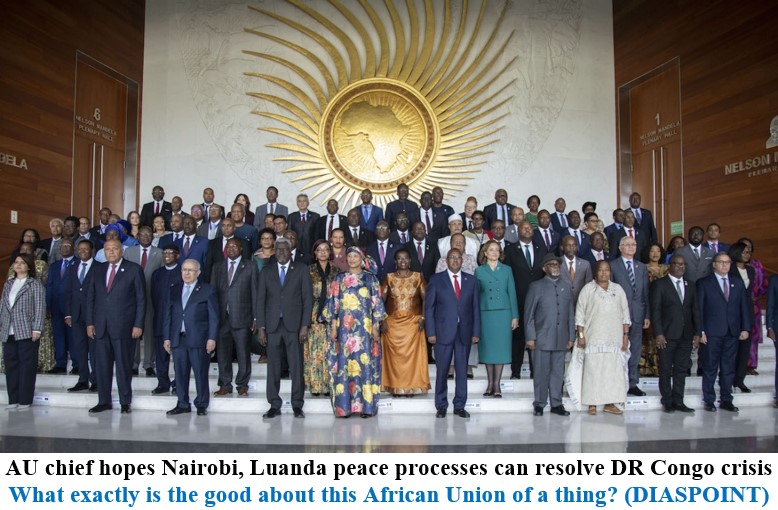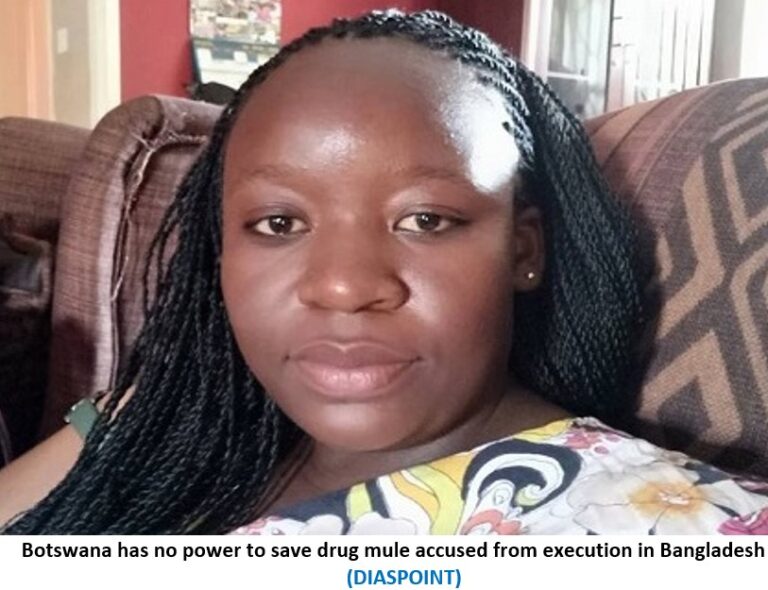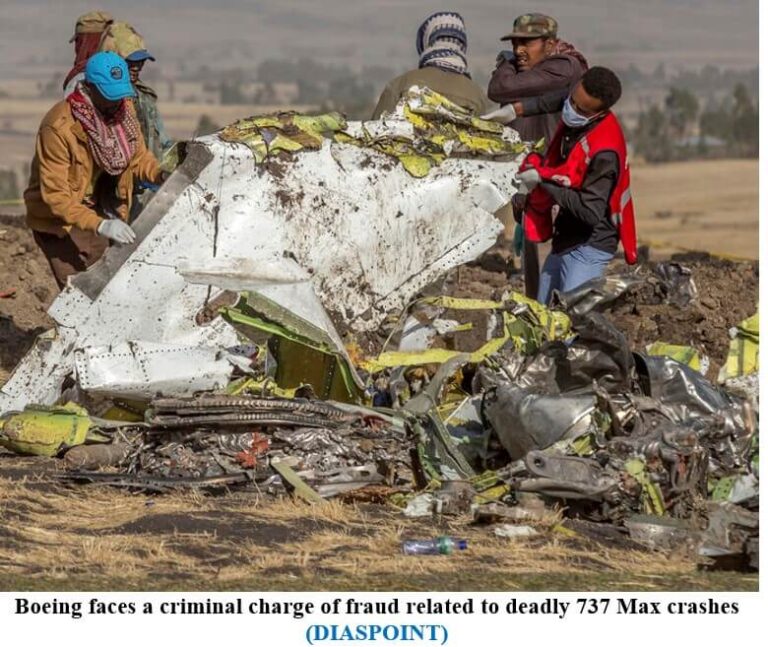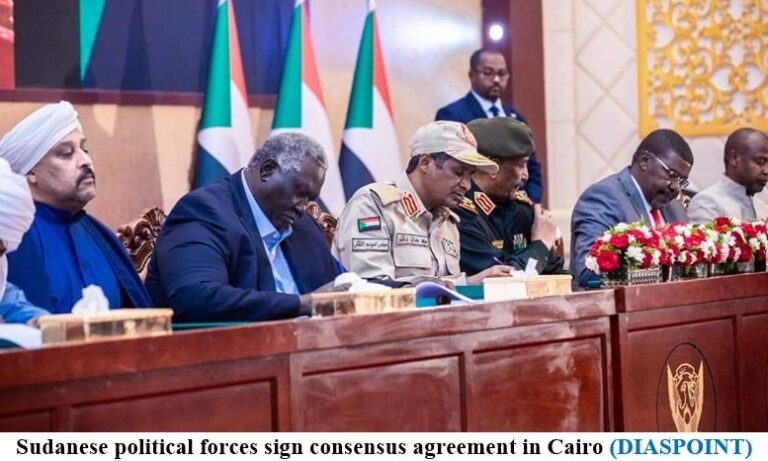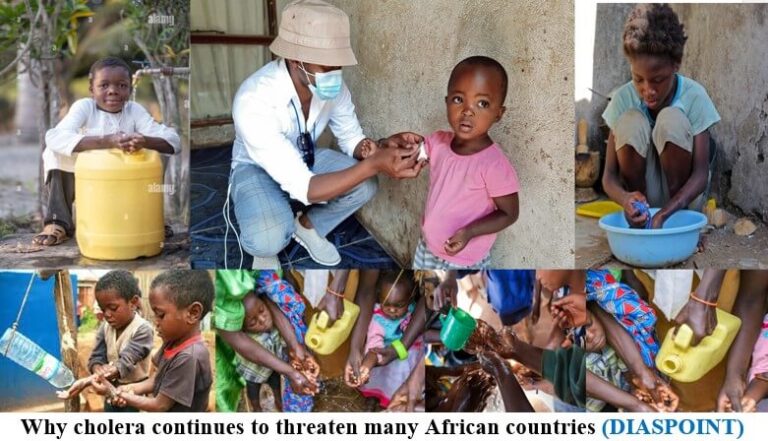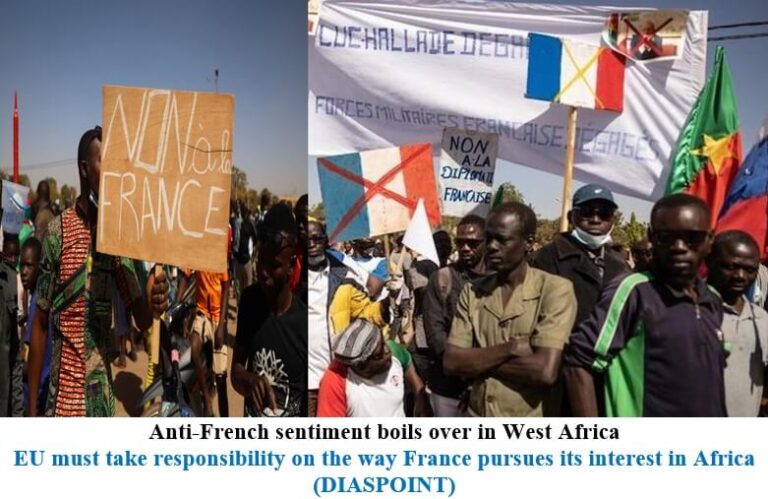AU chief hopes Nairobi, Luanda peace processes can resolve DR Congo crisis
The continent is banking on ongoing regional peace efforts – the EAC-led Nairobi peace process and the Luanda process – to resolve the security crisis in eastern DR Congo, the African Union Commission Chairperson has noted.
Amb. Moussa Faki Mahamat said this while delivering his remarks at the 42nd Ordinary Session of the Executive Council of the African Union (AU) on Wednesday, February 15, in Addis Ababa, Ethiopia.
For two days, the Council will consider the draft agenda, draft decisions and declarations with appropriate recommendations for consideration by the Heads of State and Government during their 36th Ordinary Session of the Assembly scheduled for February 18 and 19.
Mahamat said that Africa has put in place two mechanisms to bring peace and reconciliation in the Great Lakes region, notably in the eastern DR Congo region which is facing recurrent crises.
“The mediation of AU under the leadership of the Angolan president continues to provide help to the concerned parties. On his side, the former President of Kenya, Uhuru Kenyatta, in charge of conducting the Nairobi peace process prepared dialogues between the Congolese government and the active rebel movements in the region,” he said.
“This process calls for a military mission in the eastern DR Congo, of which the first troops were already deployed. We have hope that these two African mechanisms will resolve this crisis and demonstrate that only peaceful solutions initiated by Africans can address the crises and conflicts on the continent.”
The resurgence of the M23 rebellion has overshadowed the presence of more than 130 armed groups in eastern DR Congo, including the FDLR. The latter is a Rwandan genocidal militia group founded by the former government forces and militia that committed the 1994 Genocide against the Tutsi in Rwanda.
The Congolese army is fighting the M23 alongside FDLR, which was sanctioned by the Security Council in 2013. The genocidal militia was earlier designated as a terrorist group by the United States.
The FDLR which is now integrated in the Congolese army poses an existential security threat to Rwanda and the region.
Instead of committing to regional peace efforts, Kinshasa has refused to dialogue with the M23 rebels – a Congolese rebel group fighting for its right to citizenship and the security of its community. Read More from original document

